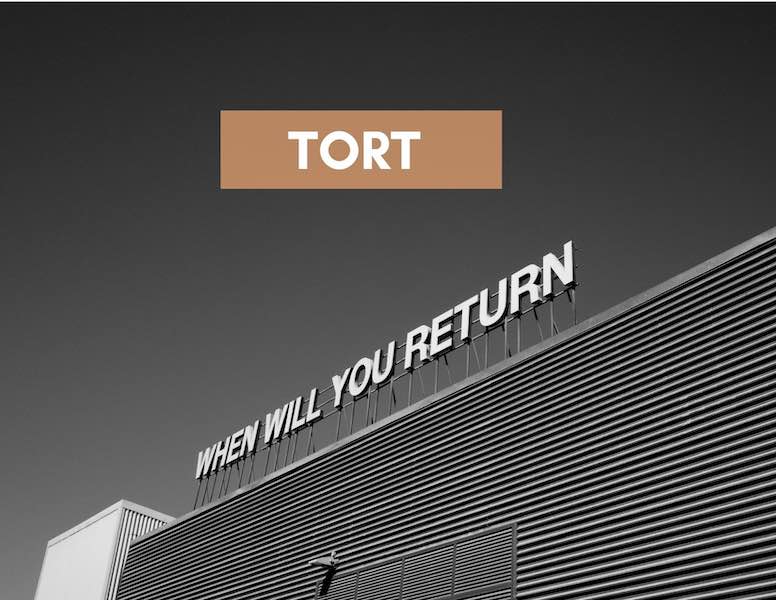Damages for Tort of Conversion in Malaysia
by Henn Xhen Low ~ 8 April 2021
Introduction
Have you ever been in a situation where a friend borrowed something from you, but you never got it back? Or have you had your property used by others, as if it belongs to them? Or even worse, that you were deprived of being able to enjoy your own property by another person?
If you have been silently nodding your head, we have good news for you!
You can now bring a claim on the basis that your property was converted and claim for the losses suffered. This is where the tort of conversion comes into play.
Tort of Conversion
A conversion occurs when a person, who does not have any right to deal with your property, deprives you of enjoying the use of your property. In other words, the tort of conversion kicks in when there is an intentional dealing with goods/properties which are inconsistent with the owner’s rights.
Example
For instance, in a construction project, after the subcontractor has completed the project, the contractor refused for the machines owed by the subcontractor to be returned to their rightful owner.
A person would prima facie be liable for the tort of conversion when he takes over possession of your property with the intention of using the property in a way that is not consistent with your intention as the legal owner.
Tort of conversion in Malaysia was given recognition in the case of Tay Kian Hock v Kewangan Bersatu Bhd [2002] 4 MLJ 411, having adopted the legal principle from a 1918 English case of Lancashire and Yorkshire Railway Co v MacNicoll [1918] 88 L.J.K.B 601.
Measure of Damages
On the outset, damages in cases of conversion are designed to compensate the injured party where the notion is to return the injured party back to this original position had the tort of conversion not occurred.
However, it must be noted that there is no universal or fixed rule for the assessment of damages for the purposes of a tort of conversion. The court in IBL Ltd v Coussens [1991] 2 ALL ER 133 further reinforced this view stating that as the tort of conversion varies widely in both form and effect, a flexible method of assessment or remedial response is called for.
One conventional way applied by the court to assess damages in cases of conversion is by assessing the value of the goods at the time of the conversion as was illustrated in Douglas v Hello! Ltd [2007] UKHL 21 where it was stated that the measure of damages should always be the true loss suffered by reason of the defendant’s acts.
Applying the above principle, the court in KFH Siarah House (M) Sdn Bhd v Lembaga Kemajuan Wilayah Pulau Pinang [2013] 3 MLJ 850 stated that when damages are to be awarded based on the value of the goods converted, that value is ordinarily assessed by reference to their market value.
In the event that there is no market for the goods or property involved in tort of conversion, reference can be made to J and E Hall Ltd v Barclay [1937] All ER 620 where the court in such situation opted to assess the value of the goods by the cost needed of replacing them. In situations where the goods are not such that they are replaceable, their value is to be fixed at the amount that the aggrieved party could get by a sale of the same to a solvent buyer as per the case of France v Gaudet [1871] LR 6 QB 199.
Damages Awarded
However, one should also bear in mind that even though the value of the goods or properties has been assessed by the court, the damages awarded by the court to the aggrieved party might not be entirely reflective of the value assessed.
This was illustrated in the case of IBL Ltd v Coussens [1991] 2 ALL ER 133 where the general position remains that a sum either higher or lower than the value of goods or properties may, in some cases, constitute a more appropriate compensation.
The court might be persuaded to award damages exceeding the value of goods or properties assessed if the aggrieved party is able to justify that the loss of profit suffered due to a particular transaction, which was aborted on account of the tort, exceeds the assessed value. For instance, the aggrieved party had the opportunity to lease its goods or properties under a lucrative contract and the tortfeasor could reasonably have anticipated the losses that would be suffered by the aggrieved party through the conversion, such as in the case of Saleslease Ltd v Davis [1999] 1 WLR 1664.
On the flip side, the court also tend to award damages lower than the value assessed in cases where the aggrieved party’s interest in the goods or properties is less than the value of damages claimed for tort of conversion, especially so if the claim is against another interested party (e.g. a bailor and bailee). This is aptly illustrated in the English case of Wickham Holdings Ltd v Brooke House Motors Ltd [1967] 1 All ER 117.
Consequential damages can also be claimed under certain circumstances by the aggrieved party under the tort of conversion, so long as such claim is not too remote to be recoverable in law. This measure normally applies where the conversion is in the form of a wrongful deprivation or misappropriation of goods or properties. The court in the case of Davies v Oswell [1837] 7 C&P 804 held that consequential damages are recoverable as long as they are not too remote as a result of the defendant’s unlawful act.
In situations where the goods converted by the tortfeasor were the aggrieved party’s tools of the trade, the aggrieved party will be able to recover loss of trade profit as was stated in Bodley v Reynolds [1846] 8 QB 779.
In addition to the above, aggravated and exemplary damages may, in principle, also be awarded in cases of tort of conversion. According to the case of Miller v Candy [1981] 58 FLR 145, a person wrongfully deprived of the possession of goods may also be entitled to damages for his or her resultant physical inconvenience and mental suffering.
However, in circumstances where the aggrieved party suffered no loss or that the loss suffered was too remote to be attributed to the act of conversion, the court will be persuaded to award only nominal damages as a recognition of the deprivation of right of the aggrieved party by the defendant.
Conclusion
In conclusion, if others have been depriving you of your right to your own goods or property, action can certainly be taken against them to recover for among others, your property and the consequent damages.

